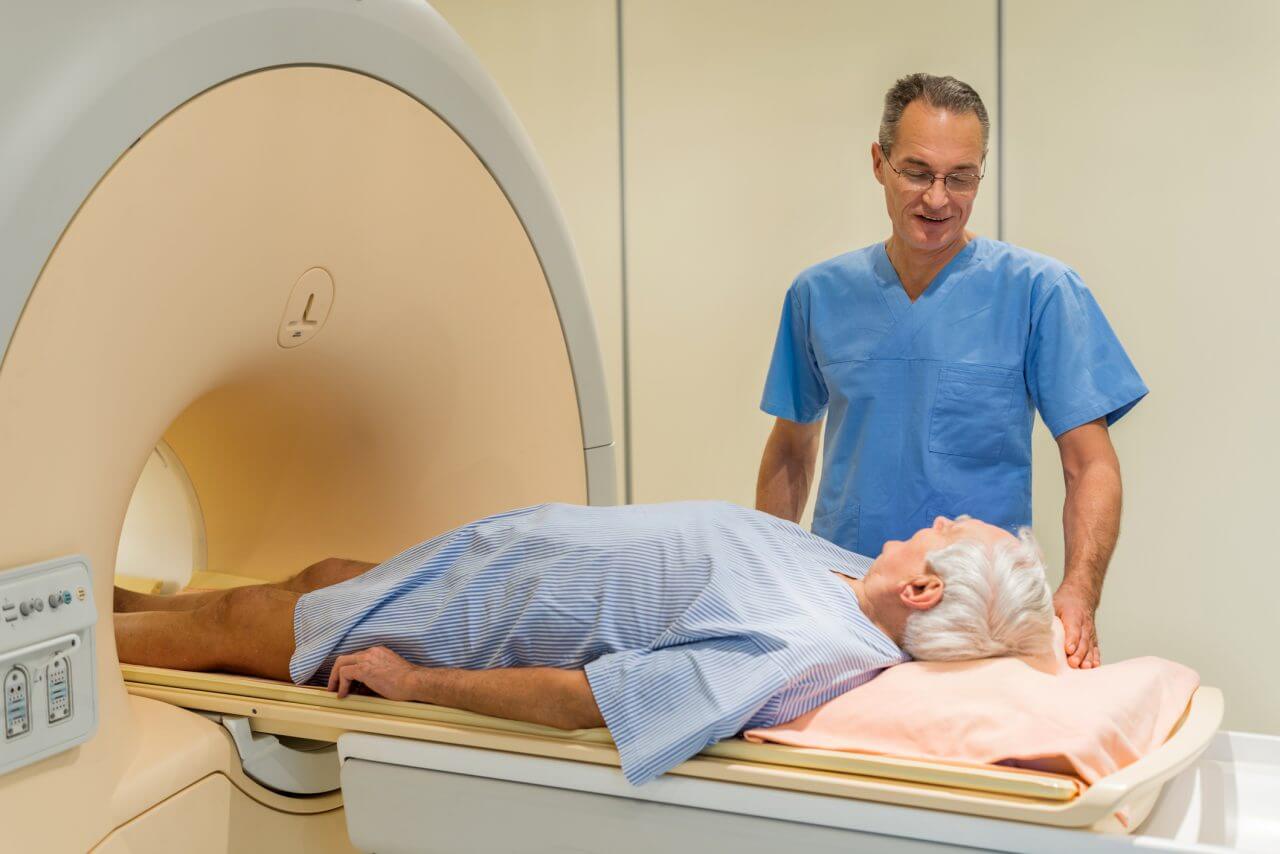Questions To Ask Your Oncologist After a Cancer Diagnosis

If you’ve been diagnosed with cancer, you likely have many questions to ask your oncologist. Talking honestly and openly with them about your specific situation will help you understand and prepare for the challenges ahead. It should also help you feel confident that you’re in good hands. To ensure you get the information you need, it’s helpful to have a list of questions to ask your oncologist on your first visit.
Prepare Questions Before Your Oncology Appointment
As you consider your oncology appointment questions, it’s important that you write them down. In the course of the conversation, it’s easy for items from a mental checklist to be overlooked. You might also want to have a pen with you so you can jot down answers and check the box on items that you’ve addressed. In addition, you should consider having a friend or family member look at your list to see if they can offer any questions for the oncologist that you haven’t thought of.
Questions for Your Oncologist During Your Appointment
In preparing the list of questions to ask your oncologist, some of the questions will be more general, while others may be specific to your cancer. Some examples are provided below. You’ll also want to ask any questions you have about your unique situation.
General Questions to Ask After a Cancer Diagnosis
● What kind of cancer do I have?
● Can my cancer be cured or controlled?
● How does cancer staging work and what is my stage?
● Will I need more tests before treatment?
● What are my treatment options and what would you recommend?
● Are there doctors that specialize in this form of cancer? Should I get a second opinion?
● Where can I receive treatment?
● How will the cancer and side effects from treatment affect my lifestyle?
● Am I eligible for a clinical trial for a new cancer treatment?
● Is there a genetic link to this type of cancer? Should my other family members get tested?
● What steps can I take to prepare myself for treatment?
● Where can I get more information or support?
Questions to Ask When Diagnosed with Lung Cancer
● What type of lung cancer do I have?
● Where did it start and has it spread?
● What is the stage of my cancer? How does that impact my treatment and prognosis?
● Will I have more testing before we decide on treatment?
● Will molecular testing be done on my blood or tumor tissue?
● Have you checked for gene changes in my cancer that will affect my treatment options?
● Should I consult other specialists?
● Who can I talk to if I have questions about treatment costs and my insurance coverage?
Questions to Ask When Diagnosed with Breast Cancer
● What specific type of breast cancer do I have?
● Where is the cancer and how big is it?
● What stage is my breast cancer and what does that mean?
● Has the cancer spread to my lymph nodes or other organs?
● Will I have other testing before we choose a treatment?
● Should I talk with other specialists?
● What is the hormone receptor status of my cancer and what does this mean?
● What is the HER2 status of my cancer and what does this mean?
● How do all the factors about my breast cancer affect my treatment options and prognosis?
● Should I have genetic testing, and if so, what are my testing options?
● How do I get reports on my cancer and treatment?
● Who can I talk to if I have questions about treatment costs and my insurance coverage?
Questions to Ask When Diagnosed with Prostate Cancer
● Has the cancer spread beyond my prostate?
● If the cancer has spread, can it still be cured?
● Do I need any other tests before we decide on treatment?
● Should I see any other types of doctors before deciding on treatment?
● What’s the clinical stage and grade (Gleason score or Grade Group) of my cancer? How do the stage and grade affect my treatment and prognosis?
● Who can I talk to if I have questions about treatment costs and my insurance coverage?
After Your Appointment, Create a Running List for Your Oncologist
Having a list of questions for your oncologist when you first meet with them is important. It’s also helpful to keep a running list of questions as your treatment progresses. This way you can get the answers you need each time you meet with your care team. Staying informed can give you a greater sense of control as you fight the disease.
Cancer Care Resources from Baptist Health
If you or a loved one has cancer, visit the Baptist Health website to discover more cancer patient resources.



